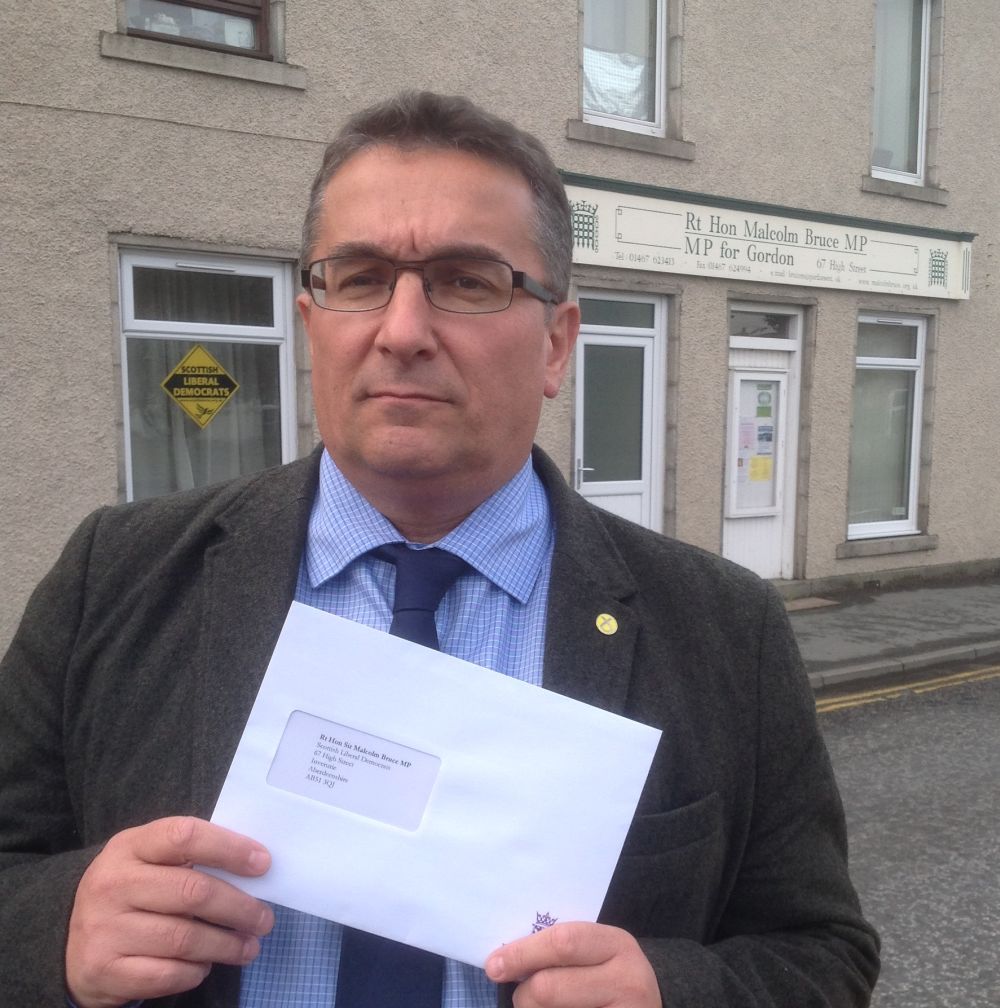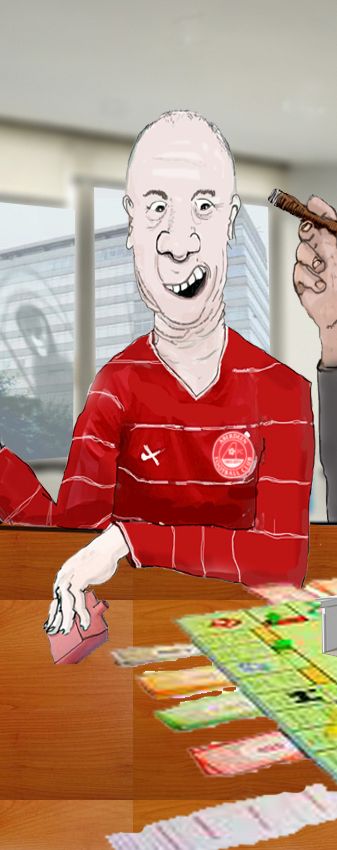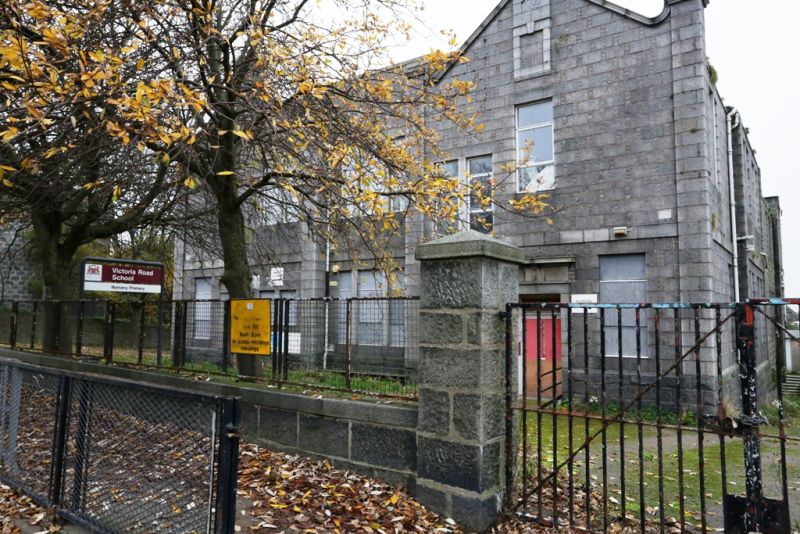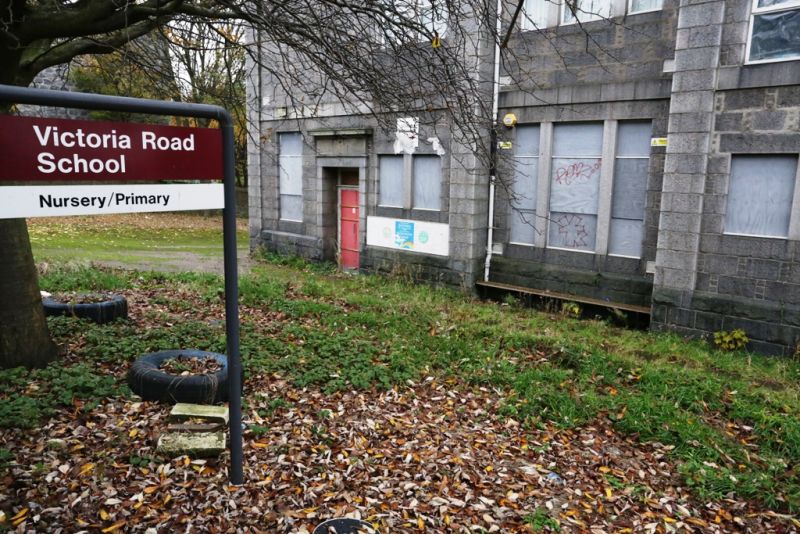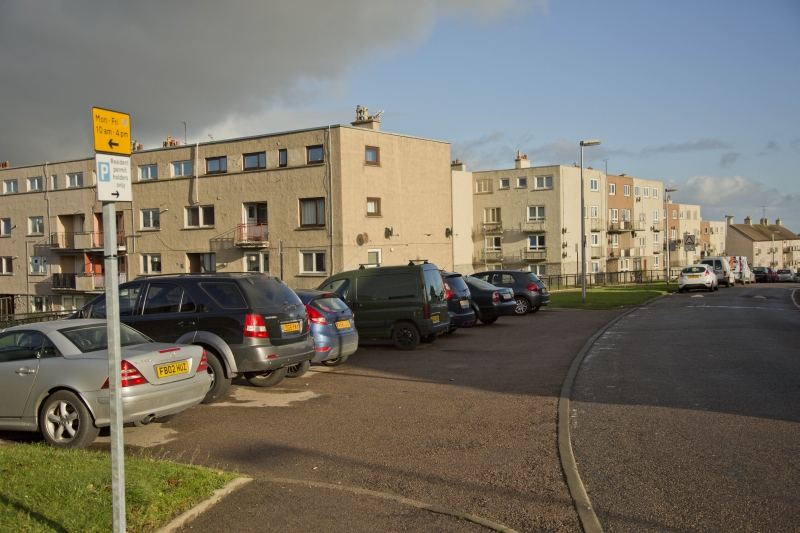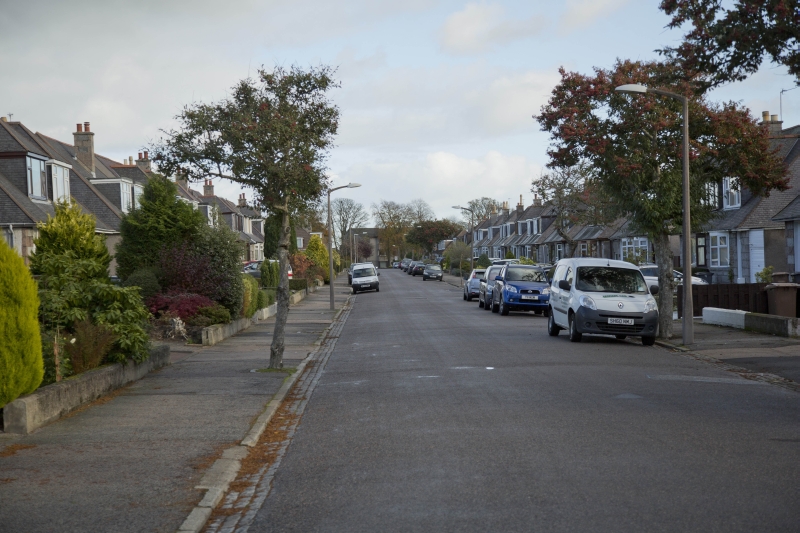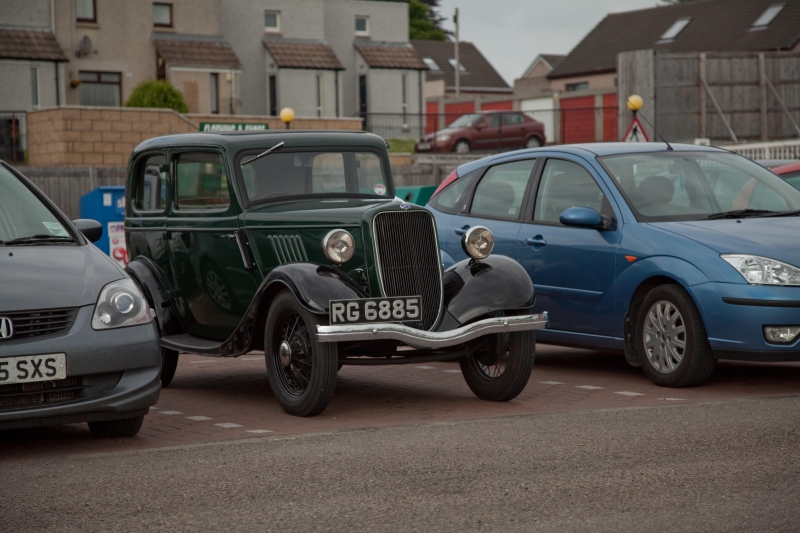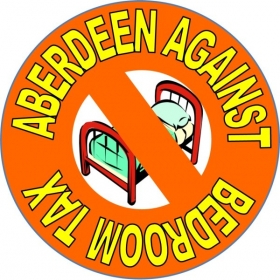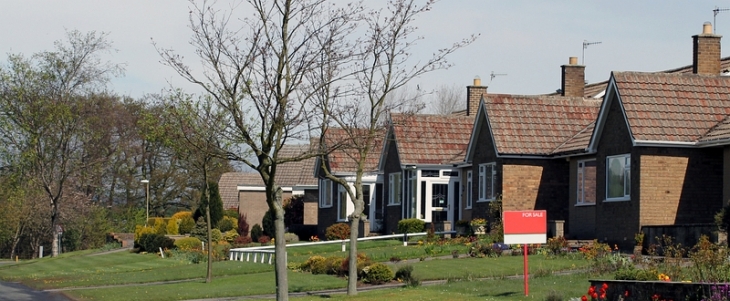By Jonathan Russell.
 The idea of criminalising begging takes us back to the dark ages. Laws are already in place to deal with aggressive begging and Breaches of the Peace and obstruction.
The idea of criminalising begging takes us back to the dark ages. Laws are already in place to deal with aggressive begging and Breaches of the Peace and obstruction.
Criminalisation will only increase the problems of those begging, their inability to pay fines will just increase the numbers in our prisons and it is not cost effective.
The problems of Union Street declining has not been caused by beggars, as in the past begging took place whilst the street flourished.
The decline of Union Street is primarily due to planning decisions to increase the amount of retail outlets beyond Union Street, with its inevitable consequences. We do need to deal with the challenges that begging brings but good interagency work and alternative provision by homelessness agencies is the way forward.
Not all begging is benign but, at a time of austerity and food banks, the issue we should be tackling is poverty not begging.
In the current climate, where thousands of families are reliant on food parcels handed out by the churches, and social problems caused by austerity policies are increasingly on the rise, many cases are genuine.
It is hard to see what new legal measures could achieve. The law already covers begging which is obstructive, or causes fear or alarm
Obtaining money with threats or intimidation could lead to charges of robbery
There is a climate abroad which is making scapegoats of the poor – this is no different than the persecution of Jews, Blacks, or Gays in the past and must be contested the introduction of such a law compounds this climate.
To explain my interest in this area I would explain the following. I have lived in Aberdeen since 1975 and spent 10 of my early years in Aberdeen working in the homelessness and drugs and alcohol fields. This included working with Aberdeen Cyrenians, VSA leading an inter-agency project re: Solvent Misuse, and Albyn House where I was responsible for the outreach service for problem drinkers, many of whom where homeless.
I was involved in setting up Drugs Action and helping to set up the now closed Aberdeen Stop-Over project for the young single homeless. I had previously worked with Homeless people in Glasgow in the Simon Community. I also worked later with Health Promotions re: Drugs and Alcohol including at a strategic level and in helping to set up the initial pilots of the methadone pharmacy scheme in the city.
As Development officer for Turning Point I helped set up the Glasgow Drug Crises Centre and produced a proposal for such a development in Aberdeen supported at that time by Social Work but not by the Health Service.
most of the people of Eastern European origin in the city are hard working
I have nearly always lived in the city centre and, as in any other city, begging has always gone on – it is nothing new. In fact, I would suggest that at earlier times the begging was of a more aggressive nature and this has already correctly been tightened up on.
What we do no longer have is the group of problem drinkers who used to hang around the statue and the arches in UnionTerraceGardens.
I suspect that without the prescribing of methadone the begging situation in the city would be much worse.
What has developed, over approximately the last 10 years at least, is the begging that takes place by individuals sitting by buildings. We have, however, also seen an increase in begging over the last few years by a group of people from Eastern Europe of Romany background.
We must remember however that most of the people of Eastern European origin in the city are hard working. Without their presence the population in Aberdeen would be much lower with an increasingly ageing population. There are sure to be some challenges in such changes.
The demise of Union Street has nothing to do with begging but is the result of retail and planning decisions. The Bon Accord Development in the 70’s led to the decline of George Street; similarly the recent Union Square development has been the prime reason for the decline in Union Street.
In both cases this led to empty shops and to a change in nature of what shops provided, with the more upmarket retailers moving to the new centres. Retail units in Union Street have increasingly become aimed at the poorer end of the market with charity shops and shops selling goods cheaply.
I would suggest that any shopping developments linked to the AWPR will potentially have a further general detrimental effect on retail outlets in Aberdeen. On-line shopping will also increase and lead to a decline in retail outlets in the city, as in other parts of the UK.
Even if Aberdeen continues with its present high levels of affluence there are only a certain amount of goods that people will buy and this affects the number of retail outlets that can operate.
People who end up homeless (which includes those who are not sleeping rough but have no settled address) do not in my experience fit neatly into deserving and non-deserving. They all have problem backgrounds of some kind, but many also get involved in activity which is labelled as anti-social.
As well as the Jews, they were also a group who were targeted by the Nazis
Many of those using drugs and alcohol are masking mental health difficulties, which of course increase by their circumstances and continued use. Others come from broken families or from families that are chaotic and where crime is the norm. Many in my experience have lived in children’s homes.
Living in the situations that rough sleepers do is a nightmare and for those that are rootless, things are not much better – we should never forget that.
An example of a positive way of dealing with public anti-social behaviour was (and still is, on a reduced level) Albyn House, where rather than taking people who were publicly drunk to the cells and courts the police took them to Albyn House, where they were dried out and given advice or rehabilitated. This was an example of progressive public policy which rather than criminalising was aimed at decriminalizing.
The influx of the Romany population to Aberdeen is not surprising and is common across the UK. Following the end of the Communist Block this grouping lost their jobs and income. There are many, more of them begging on the streets of Eastern Europe and this is causing sharp divisions in Eastern European society.
As well as the Jews, they were also a group who were targeted by the Nazis. This problem is a European one but, unfortunately with the world-wide recession, it is unlikely to be tackled and will only get worse. Intervention needs to take place with this grouping to work with them to engage more productively with society – criminalization is not the answer.
The Big issue has taken a positive stance in this area by encouraging Romanys to sell the Big Issue
I realise from speaking to a variety of people in Aberdeen that there are very mixed feelings about people begging on the streets and many would support the idea of them being banned or even criminalized, though others are appalled at the proposal or do not see this as one of the major problems facing Aberdeen.
It is, in my mind, potentially helpful that this debate is taking place, however, I would ask councillors to think more about this challenge. Given the cuts that are yet to be implemented UK-wide it is certain that, as family breakdown accelerates, there will be increased numbers becoming homeless.
This in turn will lead to more people begging and, if the law is put in place, this will lead to more people becoming criminalized, being unable to pay fines and ending up in prisons and then, after their sentences are completed, being in an even wore situation and re-offending again.
Cuts have also been made to services for the homeless and other vulnerable groups
This will make people who are not happy about begging even more annoyed and calls will come for even more extreme action. This to me is a worrying as it will lead to an increasingly less tolerant divided society.
Aberdeen has its own dynamic compared to most cities in the UK most people are comparatively affluent but those with basic incomes are often worse off due to prices generally being higher for a variety goods. There are also areas in Aberdeen were levels of poverty are high and this contrasts markedly with the overall wealth of the city.
Cuts have also been made to services for the homeless and other vulnerable groups in the city or re-commissioned, often inappropriately. Lack of support to these other vulnerable groups could lead to homelessness and these groupings will be even less able to deal with the rigors of being homeless and criminalizing them would be inappropriate.
A major problem we are facing is a lack of resources however the costs of incarcerating people are far higher than any money that would be spent on community resources. The approach needed is one of developing relevant resources which encourage better integration, interagency work and the fostering of a more caring attitude in society.
We also obviously need to see a redistribution of wealth in this country. If not, begging on the streets will become only the tip of the iceberg.
Criminalisation is not the way forward. It may gain some support in the community in the short term but others will see the City as heavy handed in its thinking and it will cost the public purse more rather than less in the long term. We need to see a much more positive interagency proposal.
Image: Homeless man – flickr Creative Commons. Credit: Fran Urbano.
- Comments enabled – see comments box below. Note, all comments will be moderated.
 SNP MSP Christian Allard has criticised Labour’s record on housing as well as branding a Labour MSP’s comments as an attempt at political point scoring.
SNP MSP Christian Allard has criticised Labour’s record on housing as well as branding a Labour MSP’s comments as an attempt at political point scoring.